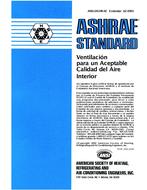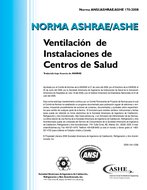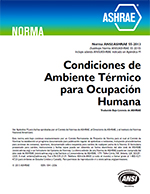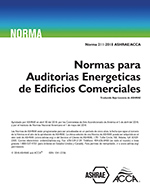Description
With the emergence of COVID-19, the airborne spread of the virus became evident. Several studies have been conducted to understand the spread and dissipation of this viral transmission but a tangible strategy for mitigation is still elusive. A numerical study by computational-fluid-dynamics (CFD) is presented here focusing on the role of the HVAC system and its contribution in the spread of the COVID virus in an indoor environment. Airflow simulations have been conducted for a common office space to understand the role that flow patterns and register exit velocities associate with the risk of how such systems can contribute to the spread. The CFD method was validated against detailed experimental data of air velocity, temperature, tracer-gas, and particle distributions. Release of sneeze droplets with a diameter of 5 micron have been modeled and the investigation reveals that such size of droplets remains suspended in the air while being carried for considerable distances well beyond the 6 feet social distancing recommendation. This study evaluates various distribution system scenarios and makes recommendations for design changes to the HVAC system to reduce the droplet and aerosol distance dispersion and assist in viral particle removal from the human breathing zone, thus reducing the probability of human exposure to viral particles. In conclusion, with HVAC system modifications and the addition of a newly developed novel design of a UV-C air purification system introduced to the indoor space, infectious viral aerosol removal through dilution and control of dispersion is realized resulting in a safer indoor environment.
Product Details
- Published:
- 2022
- Number of Pages:
- 8
- Units of Measure:
- Dual
- File Size:
- 1 file , 1.3 MB
- Product Code(s):
- D-IIVC2022-C039
- Note:
- This product is unavailable in Russia, Belarus




